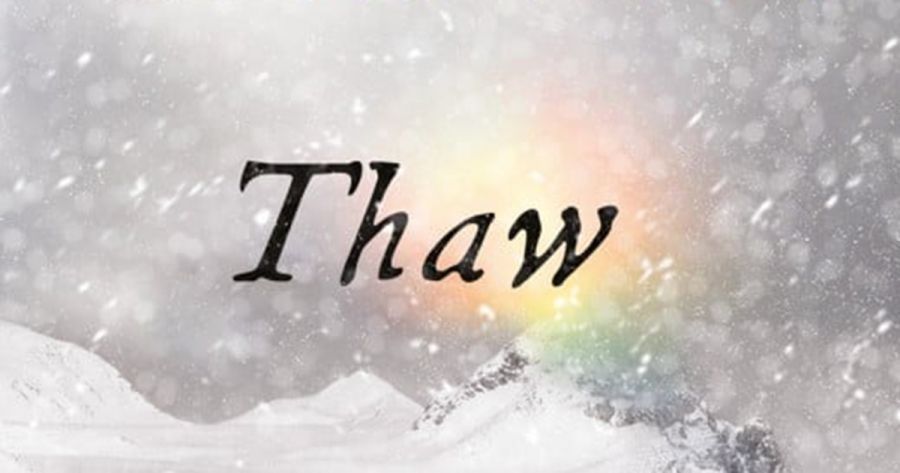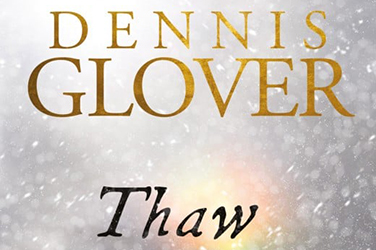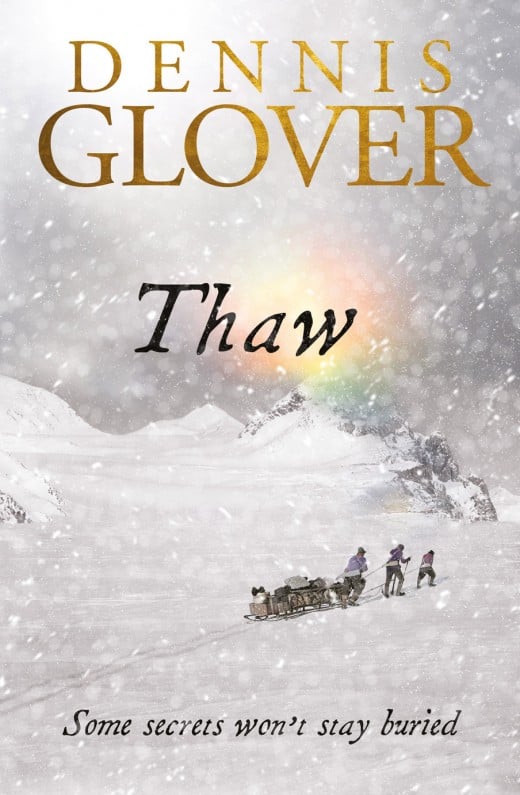
- Free Article: No
- Contents Category: Fiction
- Review Article: Yes
- Article Title: 'Scott or Shackleton?'
- Article Subtitle: Reframing British Antarctic exploration
- Online Only: No
- Custom Highlight Text:
Dennis Glover’s third novel centres on the much-mythologised British Antarctic Expedition of 1910–13 that saw Captain Robert Falcon Scott attempt to reach the geographic South Pole for the first time in history. Scott and four companions arrived at the Pole too late (five weeks after Norwegian explorer Roald Amundsen) and would later succumb to the brutal conditions encountered on their return journey to Cape Evans. As Glover alludes to in the preface (and dramatises throughout the novel), details of the Scott expedition – possible causes of the tragedy, potential alternatives – as well as its historical, cultural, and/or scientific significance, have long been the subject of voluminous print and broadcast media (both popular and academic) and have fuelled often obsessive and granular debates. Thaw is both a contribution to, and comment on, this discourse.
- Featured Image (400px * 250px):

- Alt Tag (Featured Image): Morgan Nunan reviews 'Thaw' by Dennis Glover
- Book 1 Title: Thaw
- Book 1 Biblio: Black Inc., $32.99 pb, 304 pp
- Book 1 Cover Small (400 x 600):

- Book 1 Cover (800 x 1200):

In an imagined near-future (the latter half of 2023), climatologists are on edge as reports of ‘extraordinary data’ emerge from remote research stations following a ‘record-breaking summer’ in the Northern Hemisphere. Michelle ‘Missy’ Simpson is a glacial archaeologist and celebrity climate activist whose enviable CV includes regular television talk show appearances and a former role as ‘special environmental adviser’ to the British prime minister. She is currently a University of Cambridge visiting fellow at the British Institute for Polar Studies (a fictionalised version of Cambridge’s Scott Polar Research Institute). Missy has been turning heads in the scientific community due to her knack for extracting ‘spectacular finds’ from the world’s melting glaciers and sea ice (40,000-year-old wolves’ heads, Viking horseshoes, coveted shipwrecks). Turning from the field to the institute’s archives, Missy is researching her great-grandfather George Clarke Simpson, the chief meteorologist on the infamous Scott expedition.
This present-day timeline has the makings of an intriguing campus novel. There is an overachieving don, Jim Hunter, who bemoans the current state of higher education: rubberstamping papers submitted for degrees ‘shamelessly offered’ by the university to cash in on the lucrative international student market; the gawking tourists who now see ‘two dons cycling past King’s wearing academic gowns … [as] a couple of extras in a Hollywood movie’. Jim helps Missy to navigate lecture theatres and donor events, and his Polar Medal signals him, much like Missy, as capable of navigating more topographically challenging surrounds. Together with Trudy, the brash and intelligent archivist, and Georgia, the resourceful post-doc meteorology researcher, these characters fill out a fascinating academic niche comprised of people for whom an answer to the question ‘Scott or Shackleton?’ is equal to ‘United or City? Beatles or Stones? Blur or Oasis?’ There is even a brief appearance of a campus figure to rival Jack Gladney, professor of Hitler studies in Don DeLillo’s White Noise (1985): Sir Jonathan, a professor of German history, provides Missy with some useful context on a swastika-bearing dart that was located in the polar regions and gifted to Missy by a mysterious philanthropist, Lady Wilson. It is Lady Wilson and her Nazi dart that soon propel Missy’s narrative arc off campus.
As a survivor of the Scott expedition, George Simpson is not only Missy’s biographical subject but also a key figure within the reframed historical timeline, with many chapters focalised through him, or else featuring extracts from his contemporaneous letters, journal entries, and publications, including his 1923 Halley Lecture, ‘Scott’s Polar Journey and the Weather’. The novel’s epigraph, a quotation from Simpson’s journal, proves to be a central hypothesis: ‘Well, whatever else has failed, the scientific work has not, and that should count for something in the long run.’
Representing this angle in the novel format requires extensive exposition, and Glover goes to great lengths to embed the hefty (though necessary) historical and scientific background in diverse ways: through textual fragments of the kind already mentioned; by varying the locations for expository discussions (museums, libraries, lecture theatres); and by staging minor conflicts between Missy and the novel’s chief antagonist, Christopher Wolfson (a right-wing hack, ‘polar historian’, and climate-change denier). These features serve to contextualise debates that surround the Scott expedition or explain meteorological phenomena that range from basal melting and ice shelf collapse to the Antarctic Circumpolar Current. While this content certainly deepens the reading experience, particularly in the devastating coda to the historical narrative (by which time Glover has trained readers to interpret bare weather readings, presented as italicised subheadings), its inclusion can leave characterisation feeling surface-level at times. It also makes for a comparatively thin contemporary narrative, albeit one with a high-tension climax to rival the historical counterpart.
In Glover’s second novel, Factory 19 (2020), an anti-tech activist group, tired of living in a digital and media saturated world, retreats to a simulation of a pre-digital existence. In contrast to this hyperreal setting and the lively, impertinent humour of that novel’s first-person narrator, Thaw features a more distant third-person narration often focalised externally or shifting between protagonists, as well as a more conventional realism (while being partly set within the inherently surreal Antarctic landscape). By supplementing the narration with selective use of historical textual fragments, an approach that resembles the intertextuality of Margaret Atwood’s historical novel Alias Grace (1997), Glover constructs a research-grounded narrative that questions the focus of many previous expedition accounts, successfully reframing a compelling polar discourse to more productive ends.


Comments powered by CComment